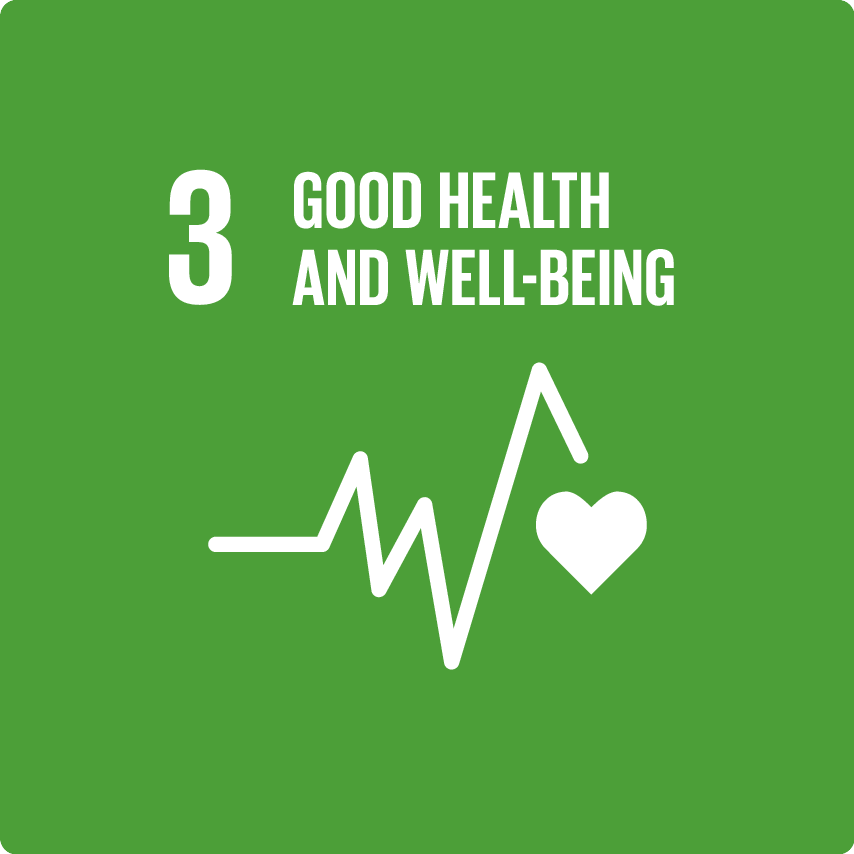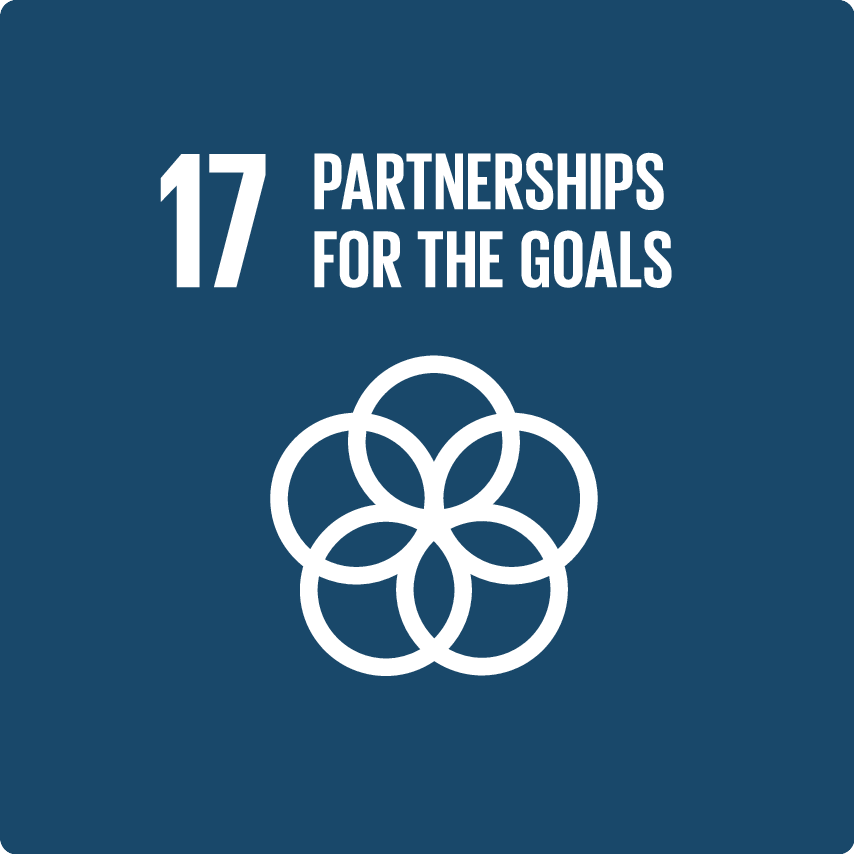Drug discovery for Global Health at Novartis Biomedical Research
Discovering and developing transformative medicines for underserved populations impacted by major global health challenges.
SEE ALL PARTNER ORGANIZATIONS
Objectives
- To discover and develop transformative medicines for underserved populations impacted by major global health challenges.
- To help strengthen capacity for high-impact scientific research conducted by scientists that live and work in low- and middle-income countries (LMICs).
What are the health needs and challenges?
The Global Health unit at Novartis Biomedical Research discovers transformative medicines for underserved populations impacted by major global health challenges. Current focus areas include malaria, cryptosporidiosis, kinetoplastid diseases (leishmaniasis and Chagas disease), viral threats with epidemic/pandemic potential, and sickle cell disease.
Efforts by the global community to address malaria have led to substantial progress in terms of lives saved over the past two decades. However, the gains are fragile. Malaria remains one of the world’s most harmful infectious diseases and exacts its toll predominantly in children and in populations living in low resource areas—particularly in sub-Saharan Africa. Novel drugs are needed to protect the gains made and advance toward disease elimination. Specific needs include new therapies to address the perpetual threat of drug resistance to current first-line antimalarial medicines, to improve the ease of drug regimens, and to address the dormant form of malaria caused by Plasmodium vivax.
Diarrheal disease is another leading cause of mortality and disability in childhood in global settings. Cryptosporidium has long been known to be a major diarrheal pathogen in immunocompromised individuals (e.g., people living with HIV/AIDs), and evidence from recent epidemiologic data also implicates cryptosporidiosis as a major parasitic diarrheal disease in young children under two years of age and in malnourished children in LMICs.
Kinetoplastid parasites cause three vector-borne tropical diseases: human African trypanosomiasis (also known as sleeping sickness), leishmaniasis, and Chagas disease. There have been substantial recent gains in therapeutic options for sleeping sickness, but the treatments that are available for leishmaniasis and Chagas disease are largely associated with serious adverse effects and imperfect efficacy. These conditions have long been neglected in terms of drug discovery and development.
Dengue is endemic in 100+ countries and causes nearly 100 million symptomatic infections each year. There is no specific treatment and therefore clinical management currently relies on supportive care, even for those that suffer the worst manifestations of disease characterized by hemorrhagic fever and shock syndromes.
Moreover, the impact of COVID-19 has further exposed the threat of viral diseases to the health of populations globally. Novel therapeutics are urgently needed to address viral pathogens that have been identified by the World Health Organization and others as major current threats and potential risks for future global epidemics or pandemics.
Nearly 8 million people globally have sickle cell disease, a chronic and complex inherited hemoglobinopathy, with the vast majority living in sub-Saharan Africa. There are few approved disease-specific treatments for the condition, and access-to-medicines remains a profound concern in many parts of the world where the disease is highly endemic. New therapies are urgently needed that functionally or genetically cure sickle cell disease and can be widely distributed in global settings.
Partnership activities and how they address needs and challenges
Collaboration is fundamental to successful drug discovery science. The science for Global Health at Novartis Biomedical Research takes place through enduring partnerships with academic institutions, philanthropic organizations, governments, and international health organizations. Thus, the model at Novartis is organized around collaborative research with scientific partners proficient in diseases that are endemic in developing countries and funding partners that help to catalyze investment in R&D for neglected diseases.
The Global Health unit at Novartis Biomedical Research is also committed to partnering with scientists and clinicians to help build and strengthen capacity for high-impact science in global settings. Since 2003, Novartis has provided training, internships, and mentoring opportunities for students and research professionals that live and work in LMICs.
Results and milestones
The Global Health unit at Novartis Biomedical Research, with the support of partners, has advanced multiple new antimalarial drug candidates with novel mechanisms of action to clinical trials.
Ganaplacide/lumefantrine-SDF (solid dispersion formulation), currently in phase III of clinical development, contains a novel antimalarial agent with a new mechanism of action (ganaplacide) and a new formulation of lumefantrine that is optimized for once-daily dosing. This innovative combination therapy has potential to clear malaria infection, including artemisinin-resistant strains, and also to block transmission of the malaria parasite.
Another novel antimalarial drug with a new mechanism of action, KAE609, is currently in clinical studies to address its role in treating both uncomplicated and severe malaria.
Novartis Biomedical Research and partners have also advanced other drug candidates for malaria into early stage human trials, as well as novel compounds to address cryptosporidiosis, leishmaniasis, Chagas disease, dengue, and sickle cell disease.
Geographic Reach
- Africa
- Americas
- South-East Asia
- Western Pacific
Disease Area
- Infectious and Parasitic Disease
Target Population
- Marginalized/indigenous people
- People with low incomes
Partner organizations
University of Georgia
University of York
University of Texas
Armed Forces Research Institute of Medical Sciences
Swiss Tropical and Public Health Institute
London School of Hygiene & Tropical Medicine (LSHTM)
Mahidol University
University of Dundee
Wellcome Trust
Bill and Melinda Gates Foundation
Drugs for Neglected Diseases initiative (DNDi)
Medicines for Malaria Venture (MMV)
Malaria Drug Accelerator Consortium
Geographic Reach
Africa
Americas
South-East Asia
Western Pacific
Disease Area
Infectious and Parasitic Disease
- Malaria
- Neglected Tropical Diseases (NTDs)
- Chagas Disease
- Dengue and Chikungunya
- Human African Trypanosomiasis (HAT)
- Leishmaniasis cutaneous and visceral
- Other NTDs

